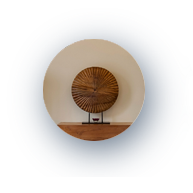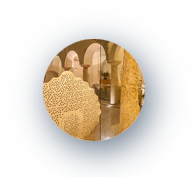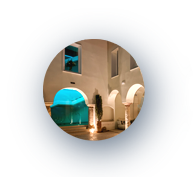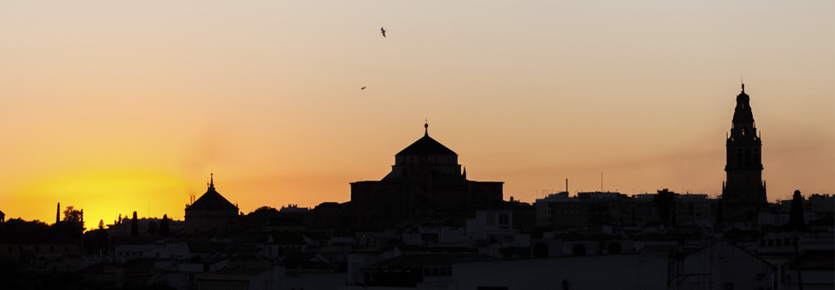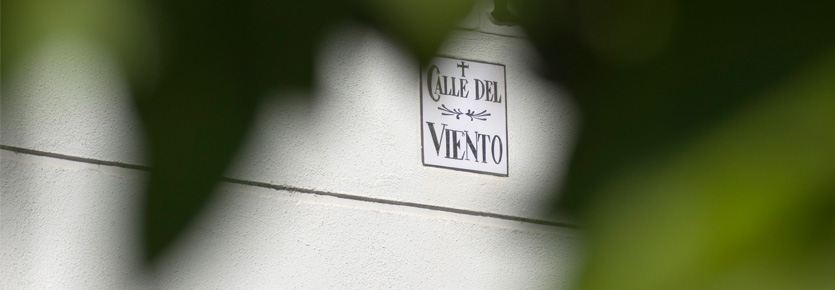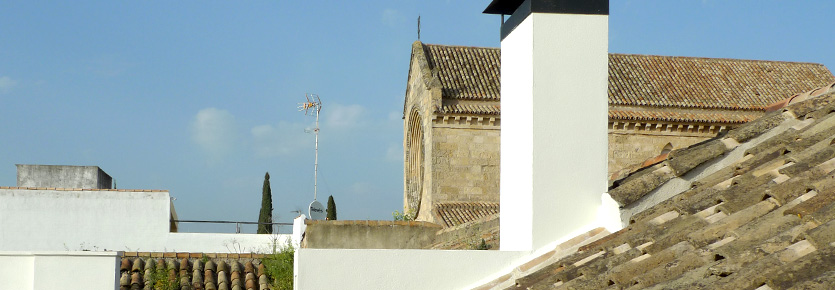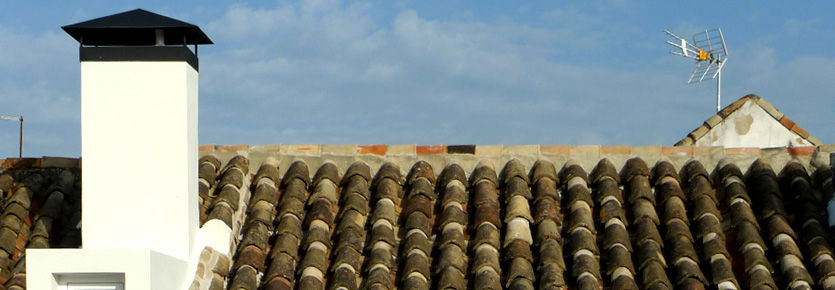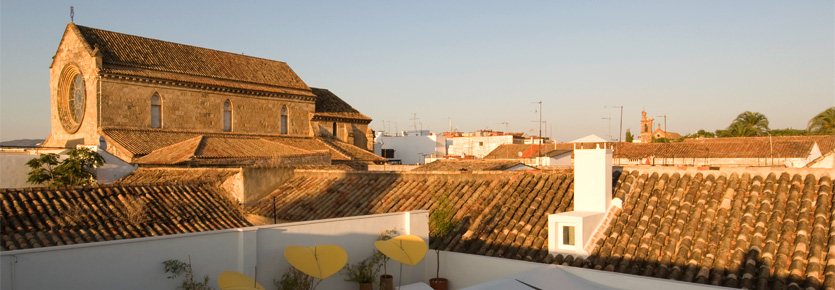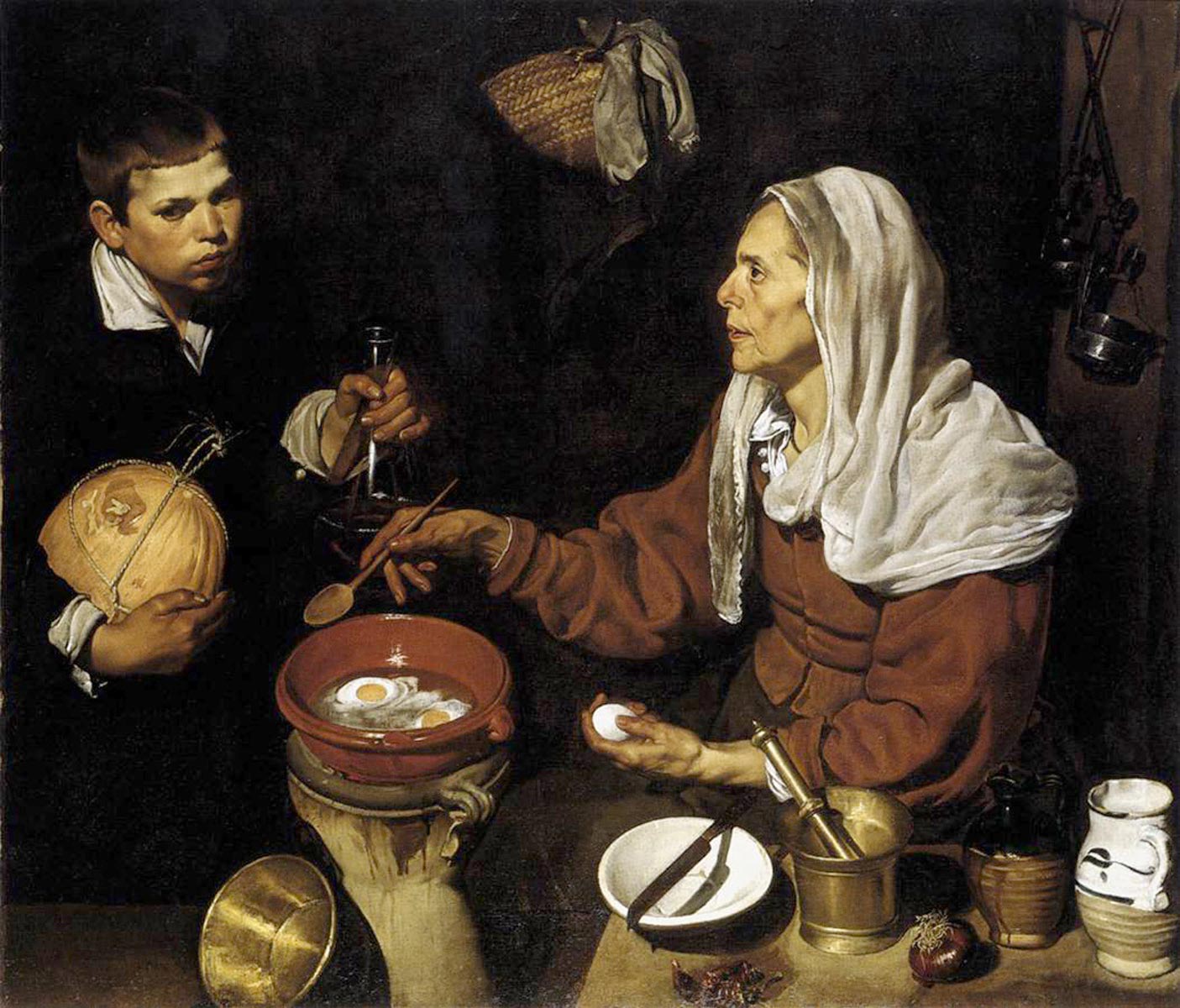However, the truth is far darker and politically incorrect than it seems to be –perhaps that helps it go unnoticed. The key to understanding the famines of the XVIIth century lies not in weather difficulties nor in diseases but in much more serious matters that you shall soon understand.
Faced with financial problems, the monarchy of Philip IV decided to cut down on silver for new coins and instead use billon (an alloy of silver and copper). In Castilian mints vast numbers of these new maravedíes (back then the name of the legal tender) were coined. However the lesser quality of the metal and the ease in which it could be gathered would have terrible consequences. Far from solving the economic problems of the crown it ended up greatly multiplying the number of counterfeiters. And even though counterfeiting constituted a crime since the time of the Catholic Kings punishable with death by burning and the confiscation of all the counterfeiter’s goods, the truth was that counterfeiting throughout the century was huge.
But what allowed counterfeiters to avoid punishment? One of the biggest judicial problems in the Kingdom was the complex web of law institutions and jurisdictions: Royal ordinary jurisdiction, ecclesiastical ordinary jurisdiction, the Holy Office of the Inquisition, military jurisdiction, military orders jurisdiction… These jurisdiction issues made it very difficult to successfully enforce the law, the different courts hindered each other and turned law enforcement into long dilated procedures that, in fact, favored crime. It wasn’t unusual to loose track of a felony, lost in jurisdiction rivalries between institutions.
Also, to that matter, convents turned into sort of “tax havens”. There the counterfeit business had a safe place to build its mints. This was all accounted for thanks to the efforts of the Córdoba councilor Fernando Manuel de Villafañe, who would intervene the convents of the city some years after the first Bread mutiny, trying to prevent a second riot in the city.
The files of the raid tell us how several convents and other religious buildings in the city of Córdoba were deeply associated with the counterfeit. These convents were: Our Lady of the Victory, Saint Mary of Graces, Saint Basilio, Our Lady of the Visitation, Saint Pablo, the monastery of the Basilios monks, a house of monks of the Saint Trinity and another house of the barefooted Carmelites. The Saint Trinity convent was oddly one of the first to be assaulted by the Bread mutineers, since the church was usually well provisioned.
But why did most of the counterfeit reported by Villafañe take place within convents or religious buildings? The answer is quite simple: the ecclesiastic privileges kept them away from the severe nature of the Castilian punishment for that given felony. In fact, Córdoba was not an isolated case and throughout most of the century the Council of Castile payed special attention to convents.
In order to fully grasp the reasons behind this phenomenon, it might be useful to know that members of the clergy came from all kind of backgrounds, it was open to any social class. And many of them took the holy orders with sole purpose of enjoying the privileges that went with the job and avoiding many of the discomforts of the common world as the Church meant no taxes, no hunger and no military service.
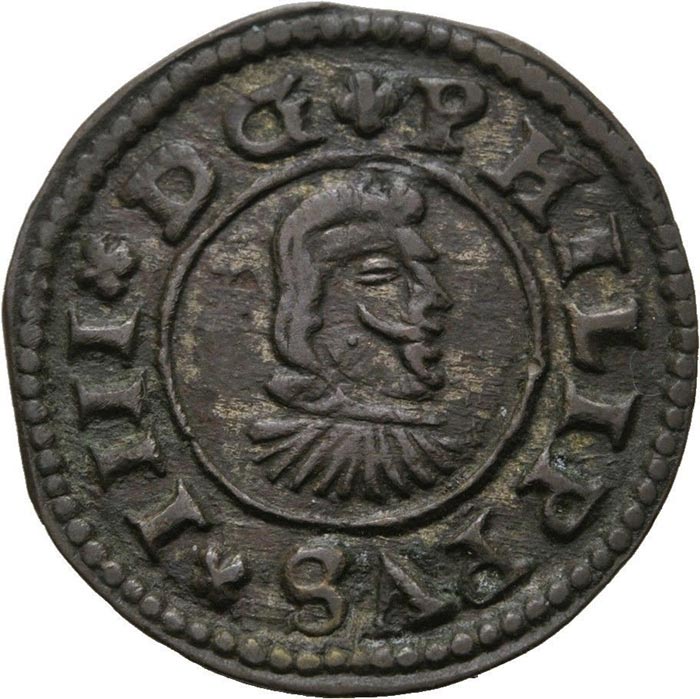
THE CONSEQUENCES
The massive number of counterfeited currency coined had dreadful effects on commerce and the general economic activities of the Crown. These fake coins quickly blend with the official currency. This mixture between the official and the counterfeited currency made it very difficult for everyone to conduct their business as they had to discard or refuse to take fake coins, hence loosing money.
This also affected farmers and small businessmen as they couldn’t get rid of the fake currency once they had accepted it. The result was the general rejection of all currencies because of the difficulties when distinguishing one from the other. The new coin for which the Crown had so many expectations, instead of solving the liquidity problems of the Kingdom had ruined commerce and caused numerous supply shortages among different cities.
It was the case of Córdoba, as Villafañe reports, but it also happened in Granada, where the authorities were forced to safeguard with fences the distribution of bread; they were also forced to submit the inhabitants of Sevilla and Osuna to maintain order. These are just some of the most famous cases presented by the Córdoba councilor.
Source:
THE COUNTERFEITING OF COIN IN CÓRDBA CONVENTS IN 1661.
BY JAVIER DE SANTIAGO FERNÁNDEZ.
http://hispaniasacra.revistas.csic.es/index.php/hispaniasacra/article/view/668/666

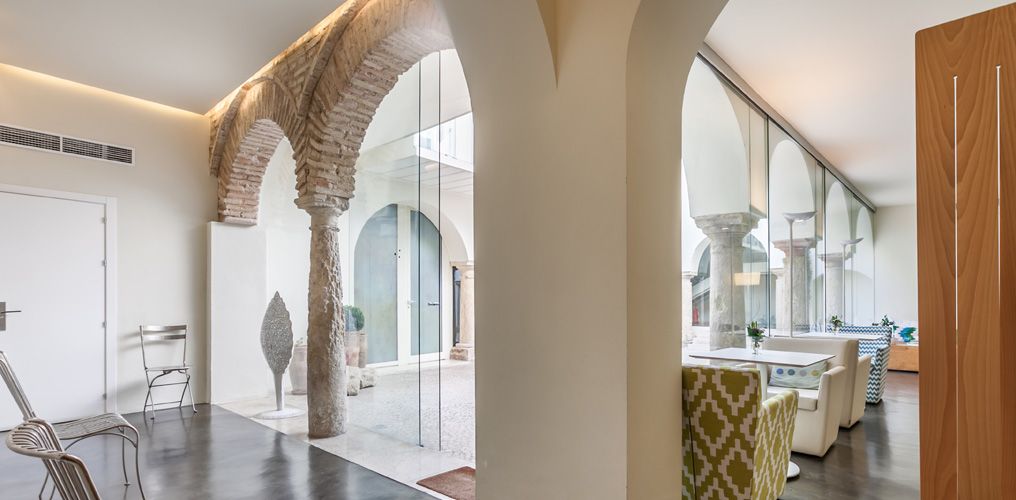
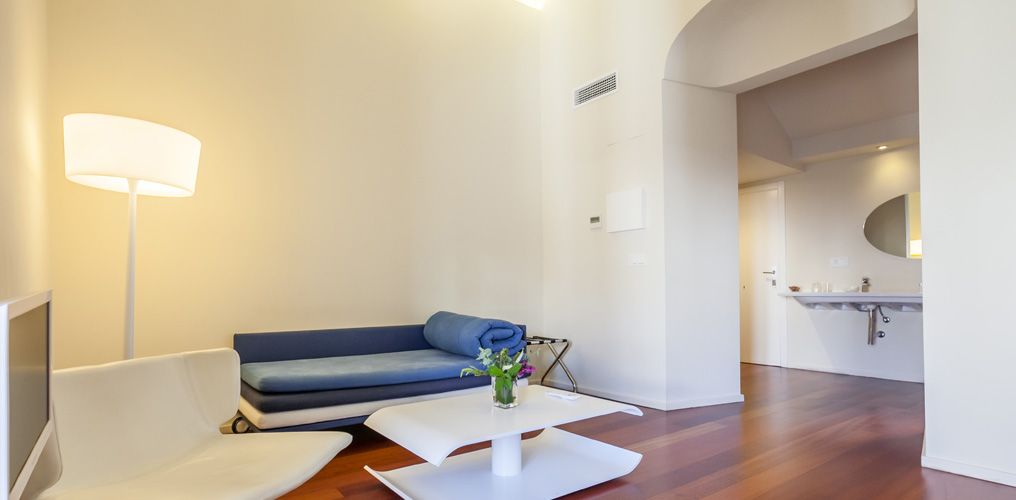
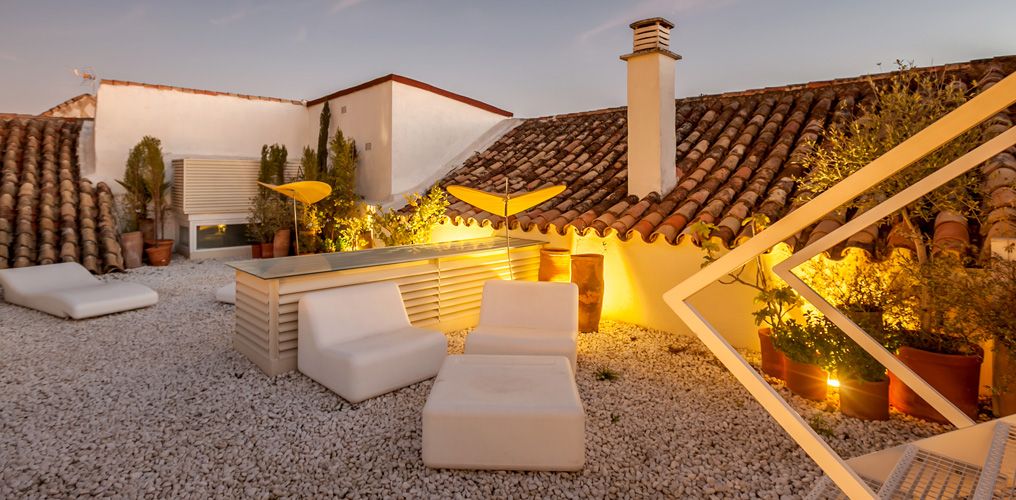

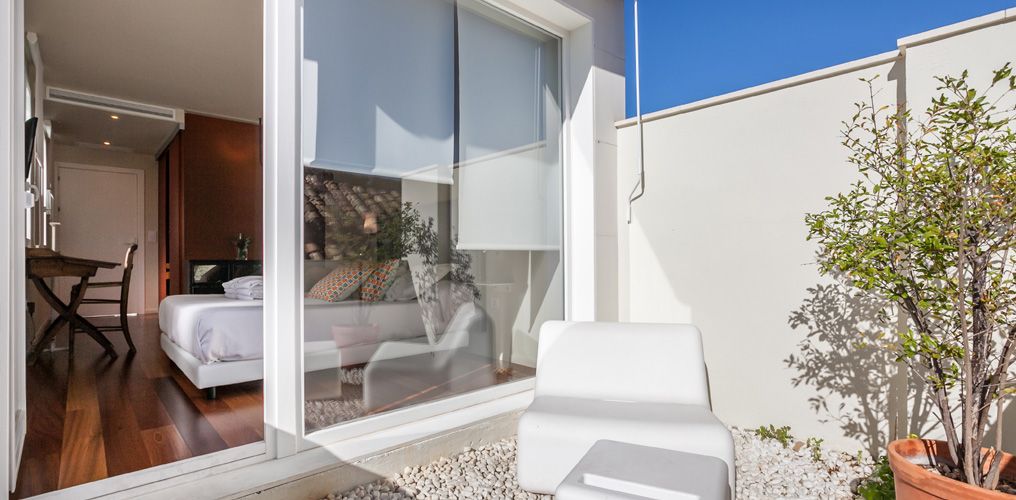








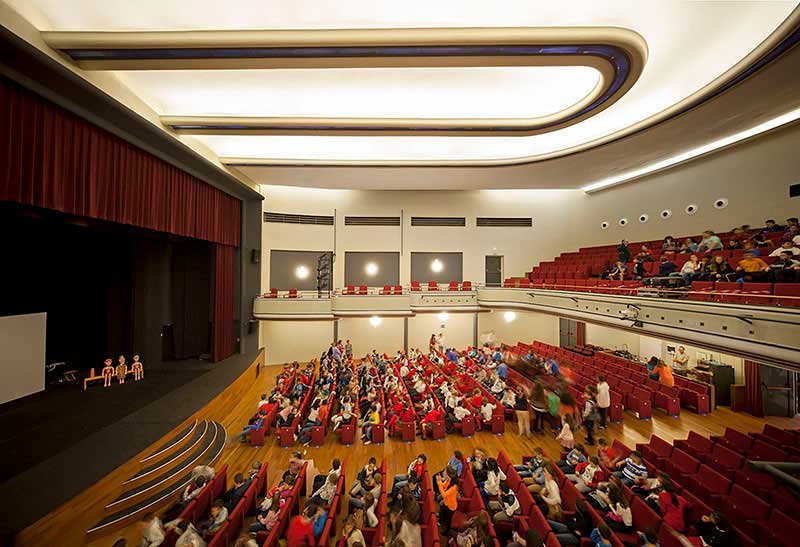
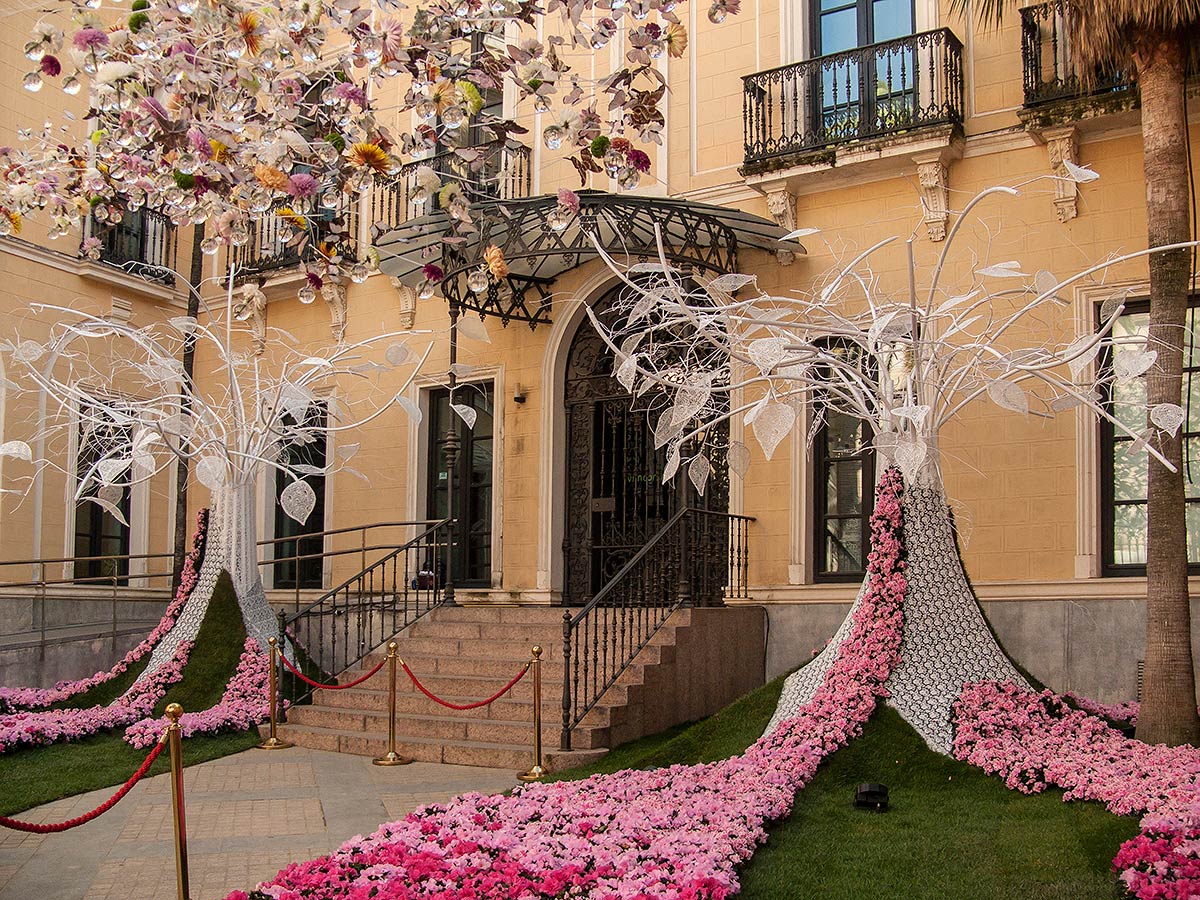

 perfect stay in cordoba. Beautiful quite place in centre of Cordoba with very gentle, even "zen" owner. Design hotel room Excellent "fresh" breakfast Private parking space nearby. All you need for a beautiful stay in Cordoba!
perfect stay in cordoba. Beautiful quite place in centre of Cordoba with very gentle, even "zen" owner. Design hotel room Excellent "fresh" breakfast Private parking space nearby. All you need for a beautiful stay in Cordoba!
 kleines, tolles hotel. Ganz persönlich geführtes Hotel, in einem historischen Gebäude modern interpretiert. Sehr geschmackvoll, sauber und ruhig. Zu erwähnen ist das gesamte Personal, welches bei Empfehlungen für Restaurants und anderen Fragen immer tolle Tipps gegeben haben. Die Zimmer sind sehr unterschiedlich. Wir hatten ein sehr kleines, kuscheliges Zimmer im 1. Stock. Für drei Nächte völlig ausreichend. Bei Temperaturen um 40 Grad haben wir die kleine Dach-Terrasse leider nicht genießen können, sonst ein toller Ort, um mal zu relaxen. Alles in allem ein schöner Aufenthalt. Danke an Carmen , Gerardo und sein Team!
kleines, tolles hotel. Ganz persönlich geführtes Hotel, in einem historischen Gebäude modern interpretiert. Sehr geschmackvoll, sauber und ruhig. Zu erwähnen ist das gesamte Personal, welches bei Empfehlungen für Restaurants und anderen Fragen immer tolle Tipps gegeben haben. Die Zimmer sind sehr unterschiedlich. Wir hatten ein sehr kleines, kuscheliges Zimmer im 1. Stock. Für drei Nächte völlig ausreichend. Bei Temperaturen um 40 Grad haben wir die kleine Dach-Terrasse leider nicht genießen können, sonst ein toller Ort, um mal zu relaxen. Alles in allem ein schöner Aufenthalt. Danke an Carmen , Gerardo und sein Team!



